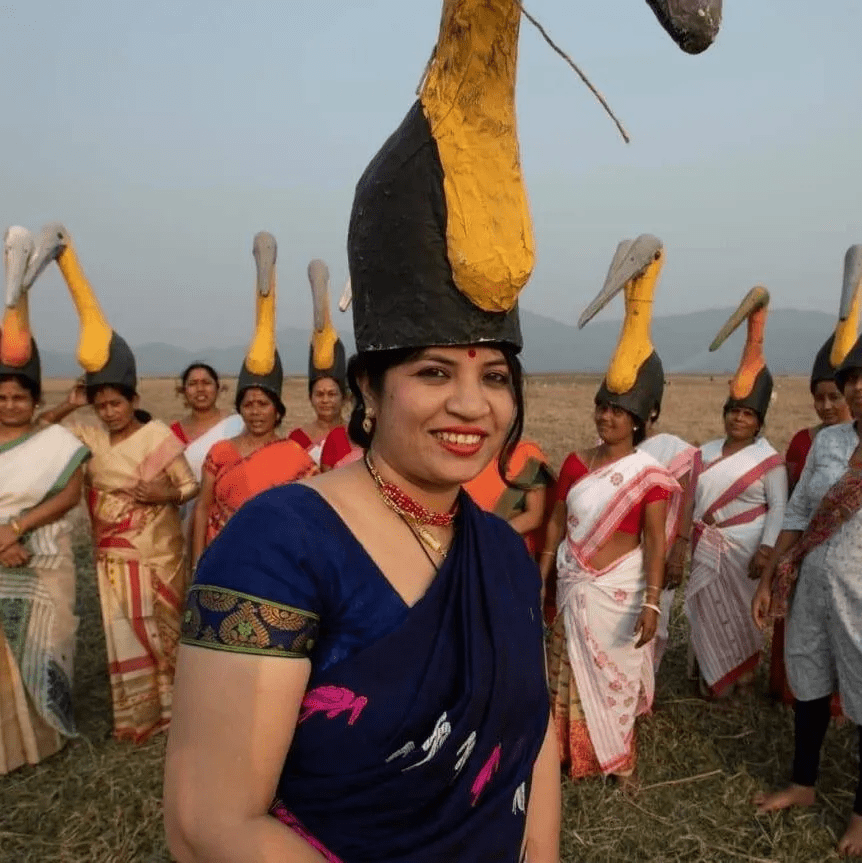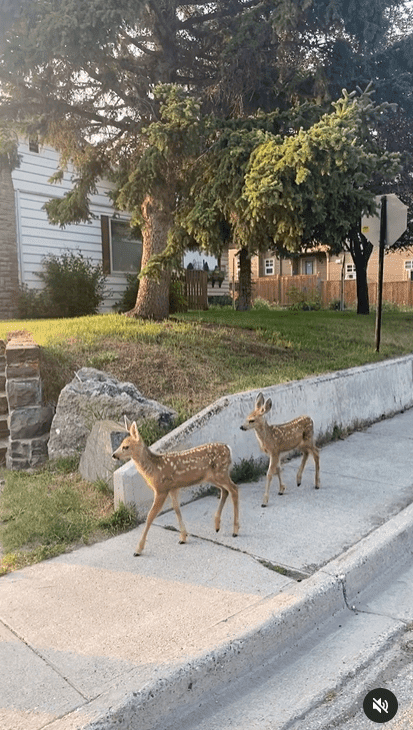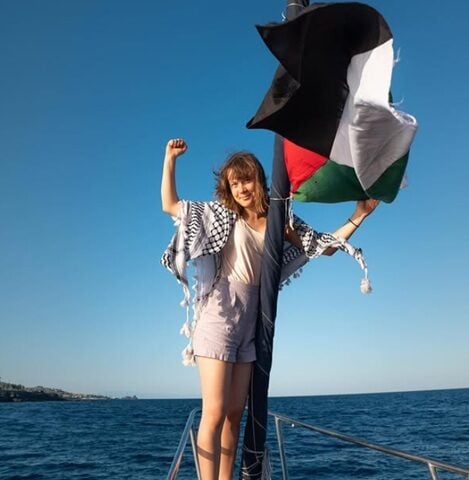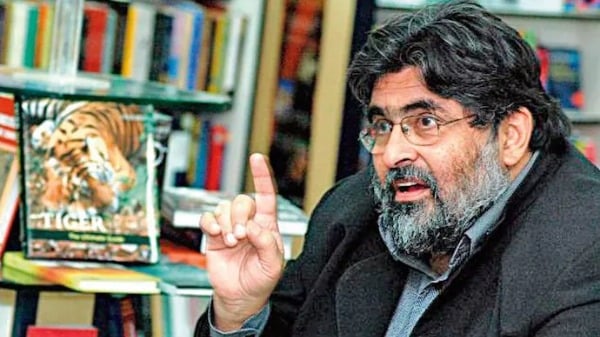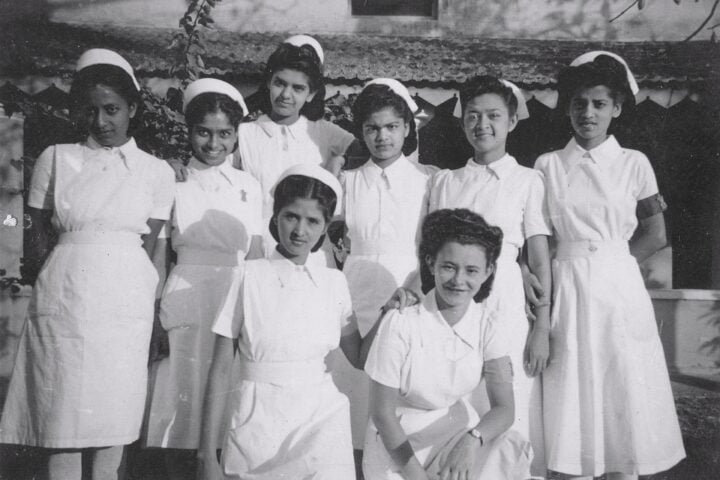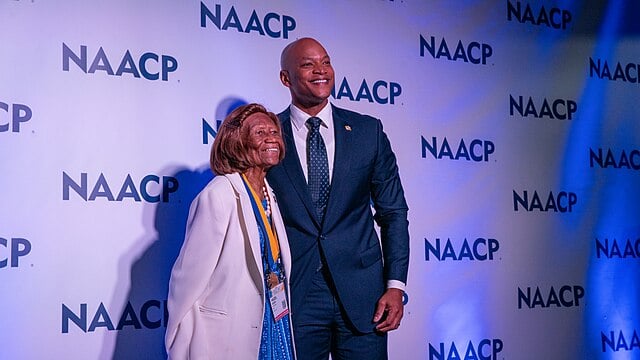A Sanskrit morning prayer requests for a fragrant earth, nutritious water,pleasant air,bright lightand space with sound so that my morning becomes auspicious: Prithvi Sagandha Sarasastathapah, Sparshi Cha V ayurjvalitam Cha Tejah, Nabhah Sashabdam Mahanta Sahaiva, Kurvantu Starve Mama Suprabhatam.To make your morning auspicious a scavenger bird ‘s contribution was recognised by a biologist Dr. Pornima Devi Barman The ‘Stork Sister from Assam. A wildlife biologist, Dr. Barman has brought the Greater Adjutant Stork, a wetlands scavenger bird back from the brink of extinction in Assam with the help of her all-women volunteer group called the Hargila Army. In the process, she has demonstrated the importance of local participation in making conservation efforts a success. Dr. Pornima received the Whitley Award in 2017 and the Nari Shakti Puraskar in 2018 for her Achievements.





The great ornithologist Dr. Salim Ali has described the Greater Adjutant Stork as a bird which does not possess the charisma of a tiger or the one-horned rhino. It’s Assamese name is Hargila, the bone-swallower. This carrion-eating bird’s diet & pooping habits made it an outcast and an ill-omen till a young and passionate ecologist took upon herself to save it from extinction and restore it to its rightful place in the wetland’s biosphere.
The perennial Himalayan river Brahmaputra, locally known as Lohit, divides Kamrup district into almost equal two halves. Villagers in this District can often spot Dr Purnima perked atop 80 feet high observation platform, scanning the countryside for the Hargila or G A S(Greater Adjutant Stork). The villagers affectionately called her as Hargila Baiden, the Stork’s sister. Dr. Pornima Devi Barman, The ‘Stork Sister’ From Assam





Dr. Barman works for Aranyakas, a Guwahati based biodiversity conservation society. According to BNHS(Bombay Natural History Society), Hargila or G A S was once present across the subcontinent & South East Asia, now barely numbers 1200, mostly confined to Assam.T his scavenger bird is nature’s finest sanitation worker. It is also a creature of habit, nesting in the same location year after year. Urbanisation and deforestation have almost killed this species.
Pornima Dev , after completing her Master’s in Zoology, got a Phd for her research about the Hargila bird. She grew up on the banks of Brahmaputra in the company of her grandmother Padumi Devi.
A chance call for help set Purnima on the mission to restore the Hargila. She organised the local women’s group to take up the work of conserving the Hargila birds. Today the Hargila Army has 400 members and the bird has been adopted as one of their own. It forms a part of wedding ceremonies, of morning prayers at schools, it even features as a popular motif for Assamese textile.








The wildlife biologist ‘s Hargila Army strings nets under trees to catch chicks that may tumble out of their nests. The rescued chics are sent to the Assam State Zoo for care. In 2007 there were mere 30 nests of Hargila, last year there were 150 nests thanks to the conservation work of Dr. Purnima Devi Barman’s Women Army for this huge five feet tall bird with an eight feet wing span.
Dr. Purnima regularly attends seminars and symposia about the Hargila. Her two daughters- Sampriti and Sanskriti are proud of their mother’s valuable contribution to the ecology of Assam. In addition to Whitley Award( Green Oscar) and Nari Shakti Puraskar, highest civilian Award given to women, Dr. Purnima has been conferred with U N D P India Biodiversity Award in 2016.



She was also honoured with the R B S Earth Award in 2016. Himanta Bisva Sharma, Chief Minister of Assam, has said that we need at least a hundred Purnimas to have an ecological balance throughout our country. While awarding the Whitley Award to her in 2017, Princess Anne had reiterated that Dr. Purnima Devi Barman was a catalyst for changing the perception about the G A S from loathing to loving.
Today Purnima is an icon for young girls who want to enter new vistas of life. Space is not the limit for them as innovative ideas guide them to try novel avenues of work for enhancing value of life in all its forms.
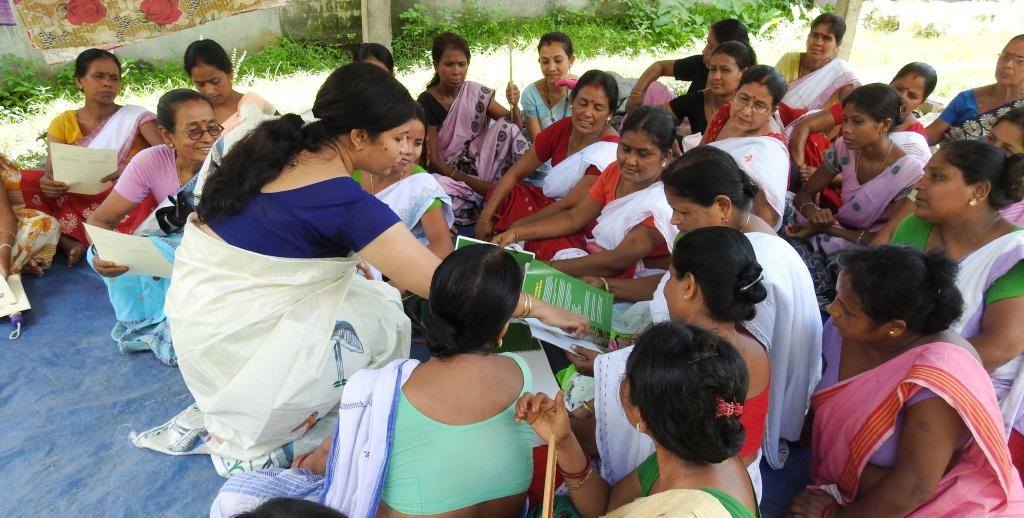

Dr Purnima says that conservation is a big platform where women have a definite place as they influence the young generation by their words & action. The Hargila Army is a token of women’s contribution to the never-ending struggle for helping the less privileged among the creations of Mother Nature!
